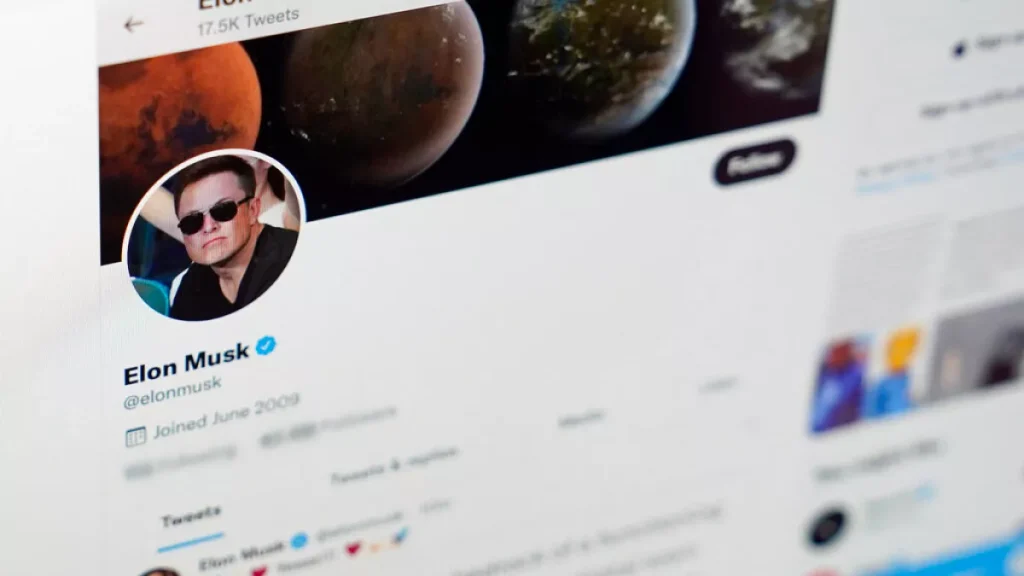Germany’s government has accused US billionaire Elon Musk of attempting to influence its February parliamentary elections by expressing support for the far-right Alternative for Germany (AfD) party. Musk, who owns the social media platform X and is a vocal backer of US President-elect Donald Trump, caused outrage by claiming on X that only the AfD can save Germany. He later reiterated his stance in an opinion piece published in a German Sunday newspaper.
Speaking at a press conference on Monday, government spokeswoman Christiane Hoffmann criticised Musk’s comments, emphasising that German elections are decided by its citizens at the ballot box. While acknowledging Musk’s right to express his views, she reminded reporters that branches of the AfD have been classified as extremist by Germany’s domestic security agency.

The February election was triggered by the collapse of Chancellor Olaf Scholz’s centre-left coalition government last month. Lars Klingbeil, co-leader of Scholz’s Social Democrats (SPD), accused Musk of attempting to destabilise Germany, likening his actions to those of Russian President Vladimir Putin. Klingbeil claimed both were seeking to weaken Germany by bolstering the AfD, a party often criticised for its anti-democratic stance.
Friedrich Merz, leader of the opposition CDU/CSU, joined the criticism, describing Musk’s endorsement of the AfD as presumptuous interference. He said he could not recall any comparable instance of a foreign individual attempting to meddle in a Western democracy’s election campaign.
Musk’s involvement in German politics has extended beyond election commentary. He recently attacked Scholz on X, labelling the chancellor an incompetent fool and calling for his resignation after a car-ramming attack in Magdeburg on 20 December.
The AfD, polling at 19 percent, is currently in second place, trailing the CDU/CSU at 32 percent. The SPD is projected to achieve its worst-ever result at 16 percent, with its coalition partner, the Greens, polling at 13 percent.


